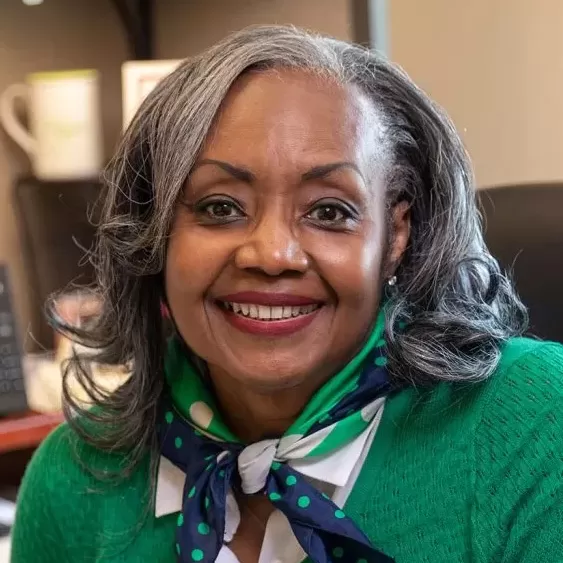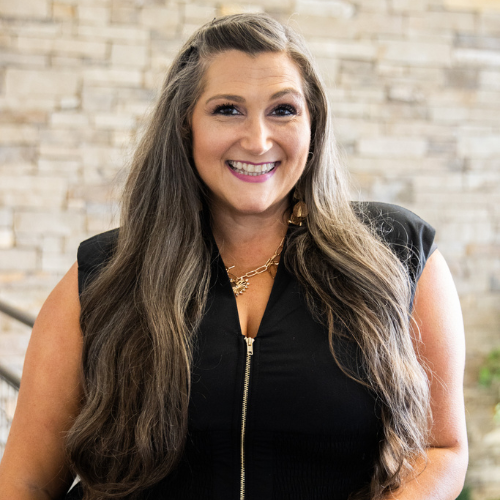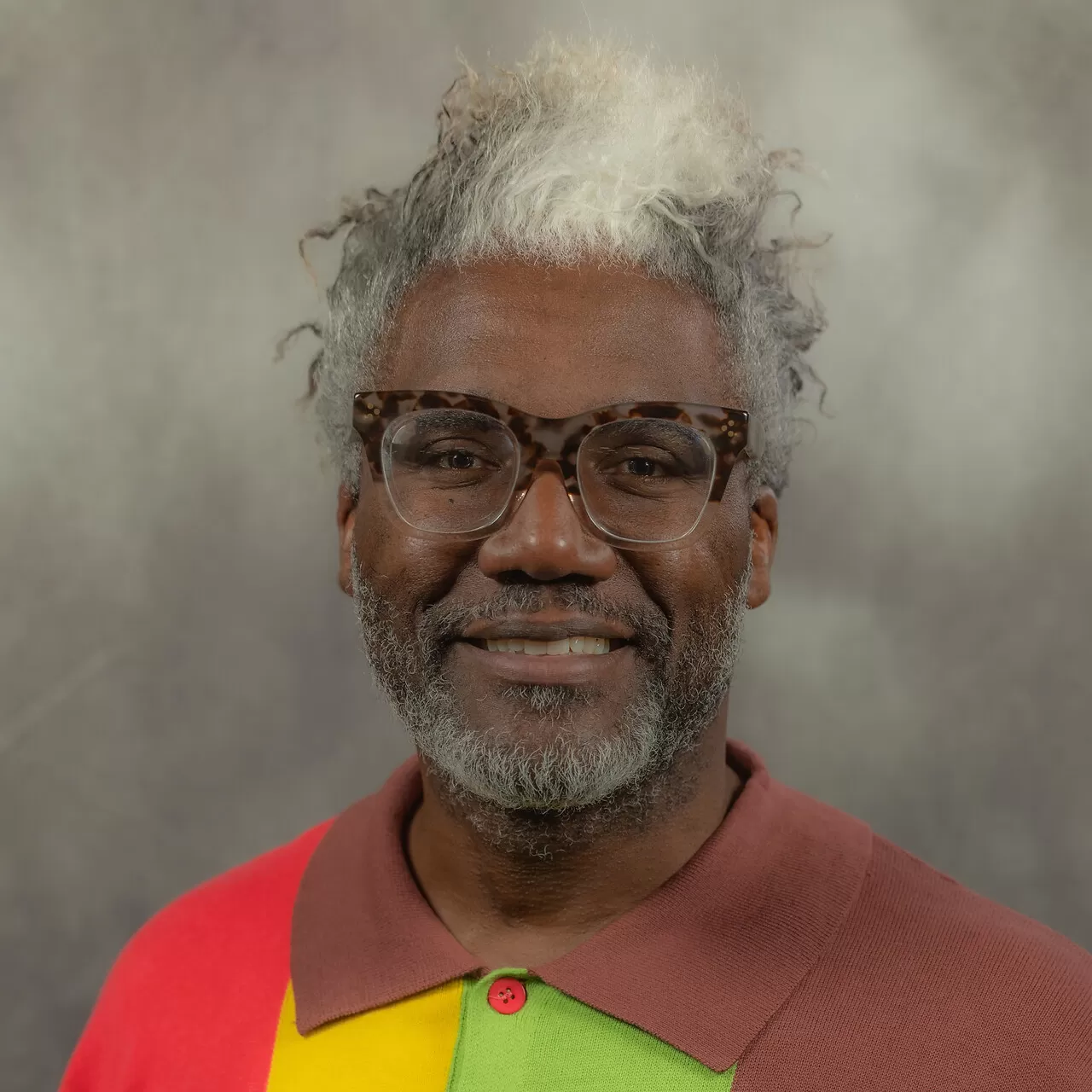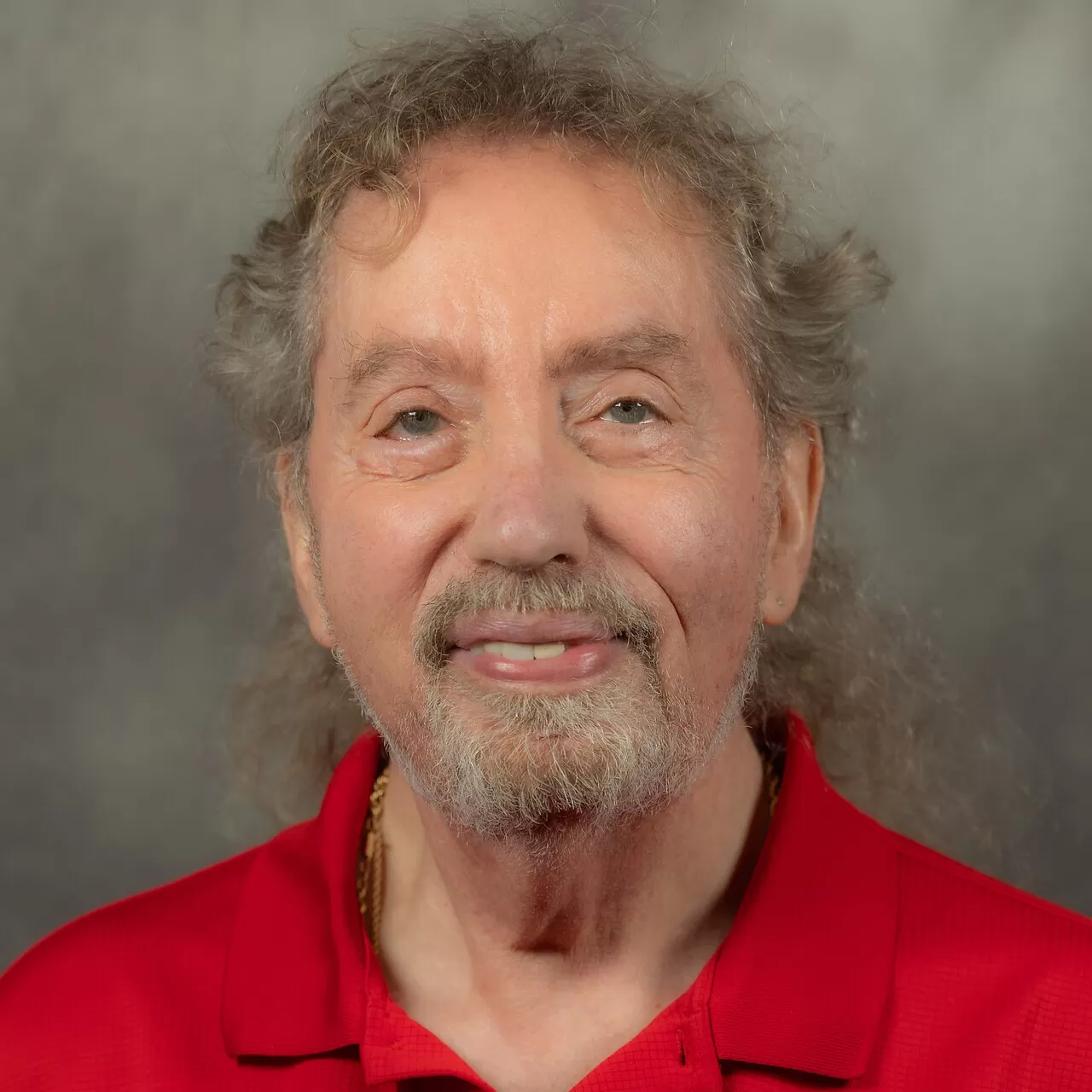
Licensed Professional Counselor (LPC)
Master of Science in Counseling
Mid-America Christian University’s Master of Science in Counseling with an emphasis in Clinical Mental Health Counseling prepares students to become Licensed Professional Counselors (LPCs), equipped to address a broad spectrum of mental health challenges. The comprehensive curriculum covers psychotherapy techniques, psychopharmacology, and ethical practices, all taught from a Christian perspective.
EXPLORE THE Licensed Professional Counselor (LPC) DEGREE
Designed for working adults, this accredited online program allows students to focus on one six-week course at a time, providing flexibility to balance personal and professional commitments. With the demand for mental health counselors projected to grow significantly, MACU’s program equips graduates with the necessary skills and knowledge to support individuals seeking to overcome mental health challenges and improve their well-being.
Program Options
- Classes are offered 100% online
Careers
- Licensed Professional Counselor (LPC)
- Private Practice Therapist
- Mental Health Counselor
- School CounselorSubstance Abuse Counselor
- Marriage and Family Therapist
- Rehabilitation Counselor
- Crisis Intervention Counselor
- Behavioral Health Specialist
- Telehealth Counselor
- Trauma Therapist
- Grief Counselor
- Corporate Wellness Counselor
- Hospital Staff Counselor
- Community Mental Health Counselor
THE PLACE TO BE
Mid-America Christian University is more than a campus—it’s a community where purpose and passion collide. Nestled in Oklahoma City, MACU offers a Christ-centered education that goes beyond the classroom, empowering students to grow academically, spiritually, and professionally.
With small class sizes, personalized attention, and innovative degree programs designed for real-world impact, MACU is the place where dreams take root and thrive. Whether you’re engaging in vibrant campus life or pursuing a flexible online program, you’ll find a supportive environment dedicated to helping you discover your calling and make a difference in the world. At MACU, you’re not just earning a degree—you’re shaping your future.
Meet our counseling Faculty
Ready to Get Started?
Ready to take the next step toward your future at MACU? Start your journey today by applying online or scheduling a campus visit to experience our welcoming community firsthand. Whether you’re exploring programs or ready to enroll, we’re here to help you every step of the way. Your path to purpose starts now!




